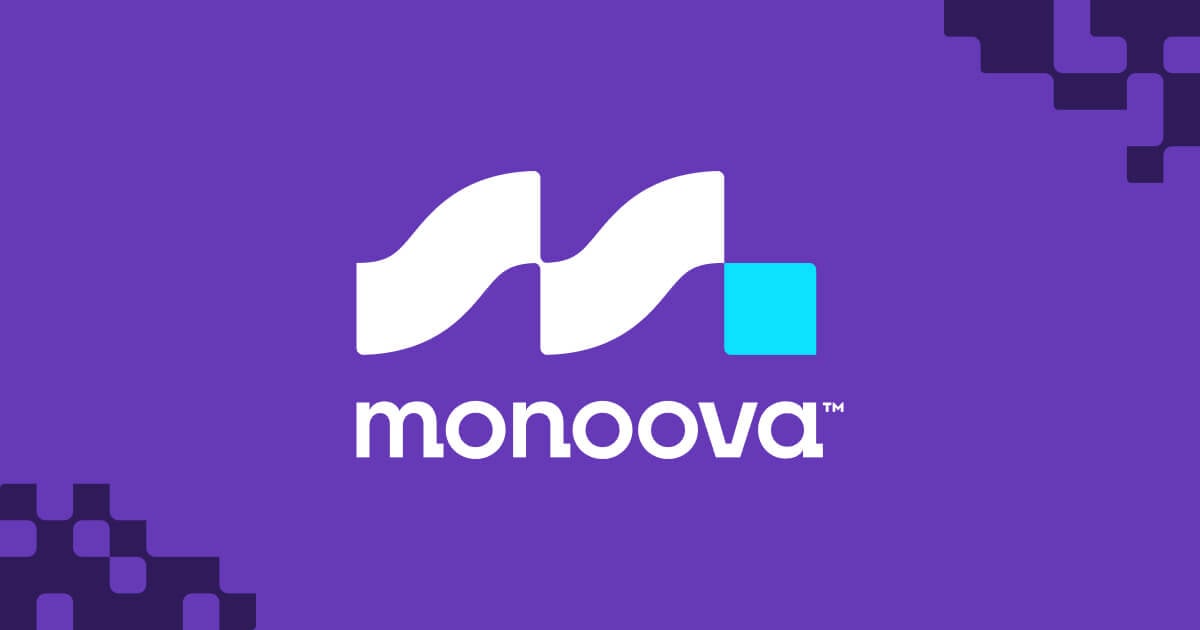As with most industries, investor relations have not been immune to the artificial intelligence revolution. It has been offering innovative solutions to enhance communication strategies and streamline processes.
Despite a significant portion of IR professionals yet to fully integrate AI into their workflows, its potential to reshape traditional IR practices is both promising and profound.
Current Trends in AI Adoption in Investor Relations
A recent Nasdaq survey highlights that while 64 percent of IR professionals have not yet embraced AI, there is a growing interest in its capabilities. This enthusiasm reflects AI’s transformative potential in modernising IR processes, though widespread adoption remains in its early stages.
AI’s power to boost decision-making efficiency stems from its ability to analyze data, automate repetitive tasks, and refine communication strategies. Though only a few IR teams have currently adopted AI, many acknowledge its promise for forecasting market trends, deciphering investor sentiment, and enhancing communication practices.
Practical Applications of AI in Investor Relations
AI is redefining how IR teams interact with investors and manage information. Key applications include:
Forecasting Market Trends: AI algorithms can sift through vast amounts of data to predict market movements, allowing IR teams to anticipate trends and make data-driven decisions.
Understanding Investor Sentiment: Sentiment analysis tools can monitor social media and news to gauge investor mood, helping IR professionals tailor their communication strategies effectively.
Refining Communication Strategies: AI aids in drafting and polishing earnings reports, press releases, and other investor communications, ensuring accuracy and consistency while saving time.
Streamlining Workflows: AI tools can synthesize sector data, identify opportunities and risks, and provide insights into market dynamics, enabling IR teams to operate more efficiently.
Enhancing Transparency and Engagement: AI can facilitate personalised shareholder communication through chatbots and predictive insights, fostering stronger investor relations and loyalty.
Overcoming Challenges in AI Integration
Despite its advantages, integrating AI into IR comes with challenges such as data privacy concerns, resource constraints, and potential issues like biases or inaccuracies. To address these, forming AI governance committees with diverse expertise and leadership support is crucial.
These committees ensure responsible AI use, maintaining data integrity and transparency. Industry leaders, like Gregg Lampf from Ciena, stress the importance of transparency in AI-generated content to preserve trust and clarity.
Low-Risk AI Applications in Investor Relations
For those cautious about integrating AI into investor relations, Nasdaq’s survey highlights several low-risk applications that can offer significant benefits without major upheaval.
AI can effectively streamline the process of summarizing market events, distilling relevant information swiftly and keeping IR professionals updated without the need for laborious report reviews. Additionally, AI enhances customer relationship management (CRM) systems by analyzing and organising data, which in turn improves the accuracy of investor insights and interactions.
When it comes to preparing earnings reports, AI tools can play a crucial role in drafting and refining these documents, ensuring precision and significantly reducing the time required for preparation. Similarly, AI assists in drafting regulatory disclosures by analyzing regulatory requirements and ensuring compliance, thus minimizing the risk of errors.
AI-powered chatbots can handle routine investor queries efficiently, freeing up IR professionals to concentrate on more complex and strategic interactions. These low-risk applications of AI not only streamline tasks but also enhance overall efficiency in investor relations.
The Future of AI in Investor Relations
As AI technology advances, its role in IR is set to expand. Major companies, including Disney and Box, are already leveraging AI for earnings calls, signaling a growing trend in the industry. AI’s ability to enhance personalized communication, improve accessibility, and enable proactive engagement will likely set new standards for IR.
By adopting AI, companies can achieve more efficient, personalized, and proactive communication strategies, leading to improved investor relations and transparency. While balancing automation with human oversight is essential for maintaining accuracy and reliability, the potential benefits of AI in IR are substantial.
In conclusion, AI is poised to revolutionize investor relations by offering enhanced efficiency, strategic insights, and improved communication. If you’re interested in exploring how AI can transform your investor relations practices or need assistance with investor relations more broadly, reach out to Third Hemisphere.
Our expertise can help you navigate these changes and leverage AI’s full potential to enhance your investor communications.










